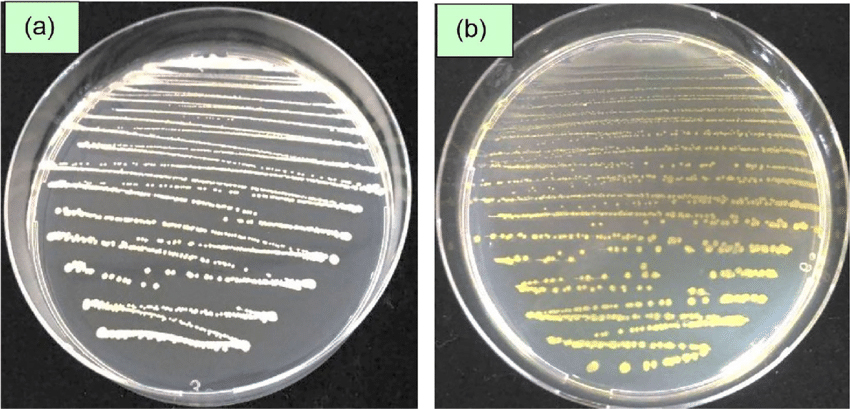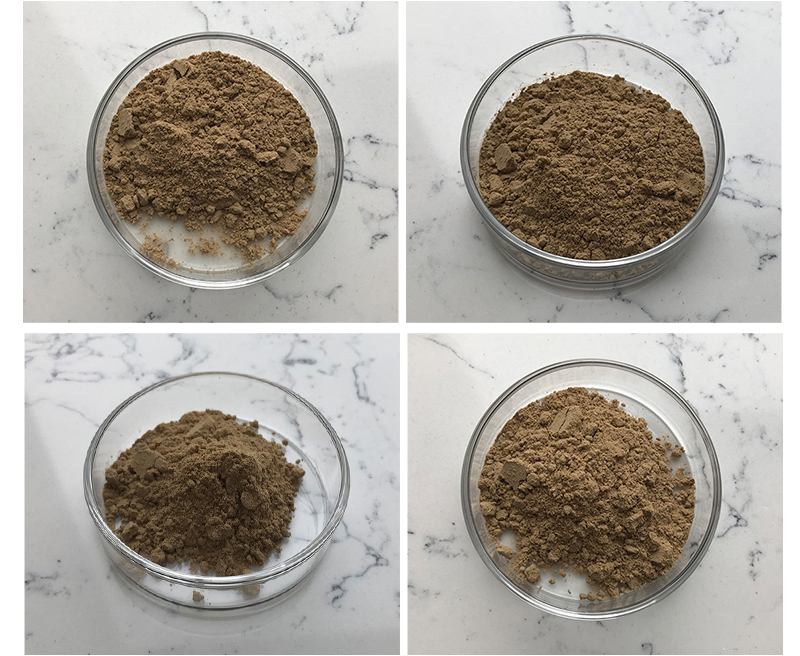Bacillus pumilus is a Gram-positive bacterium that has garnered attention for various research directions due to its unique characteristics. Here are some key areas of research:
- Bioremediation: Bacillus pumilus has shown potential in degrading pollutants, such as pesticides and heavy metals, making it a candidate for bioremediation projects.
- Agriculture: It is studied for its role as a plant growth-promoting rhizobacterium (PGPR), enhancing plant health and growth through mechanisms like nitrogen fixation and the production of phytohormones.
- Industrial Applications: The bacterium is used in the production of enzymes and metabolites for industrial purposes, including the food and biotechnology sectors.
- Antimicrobial Activity: Research is ongoing into its antimicrobial properties, which could lead to new antibiotics or natural preservatives for food products.

- Genetic Studies: Bacillus pumilus is often used as a model organism in genetics and molecular biology due to its well-characterized genome and plasmid systems.
- Space Research: Its resilience to extreme conditions has made it a subject of interest in astrobiology, particularly in studies related to microbial survival in space environments.
These research areas reflect Bacillus pumilus’s versatility and importance in both environmental and industrial contexts.
Clinical application of Bacillus Pumilus
Bacillus pumilus is a type of bacteria that has several clinical and biotechnological applications due to its ability to produce enzymes, tolerate extreme conditions, and interact beneficially with plants and animals. Here are some clinical applications:
- Probiotics: Some strains of Bacillus pumilus are explored as probiotics, which can support gut health and potentially enhance the immune response.
- Biocontrol Agent: It has been studied for its ability to act as a biocontrol agent against certain pathogens in agricultural settings, reducing the need for chemical pesticides.
- Enzyme Production: Bacillus pumilus produces enzymes such as proteases and amylases, which can be used in various industrial applications, including food processing and detergents.

- Bioremediation: This bacterium can degrade various pollutants, making it useful in environmental cleanup efforts.
- Pharmaceuticals: Research is ongoing into the potential use of Bacillus pumilus in the production of antibiotics or other therapeutic compounds.
- Vaccine Development: Its ability to elicit immune responses makes it a candidate for use in vaccine development.
Overall, while Bacillus pumilus has promising applications, further research is necessary to fully understand its potential benefits and safety in clinical settings.
